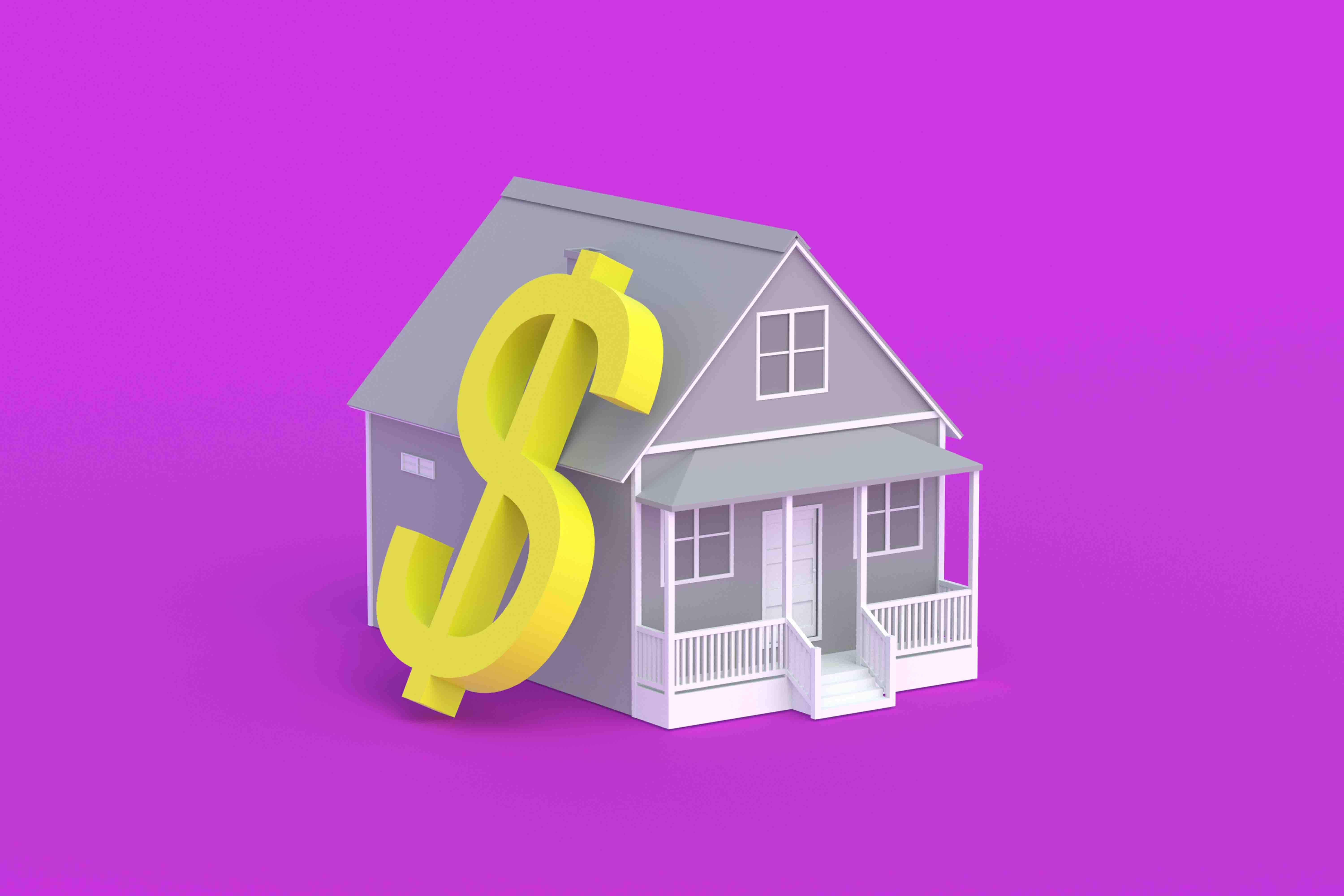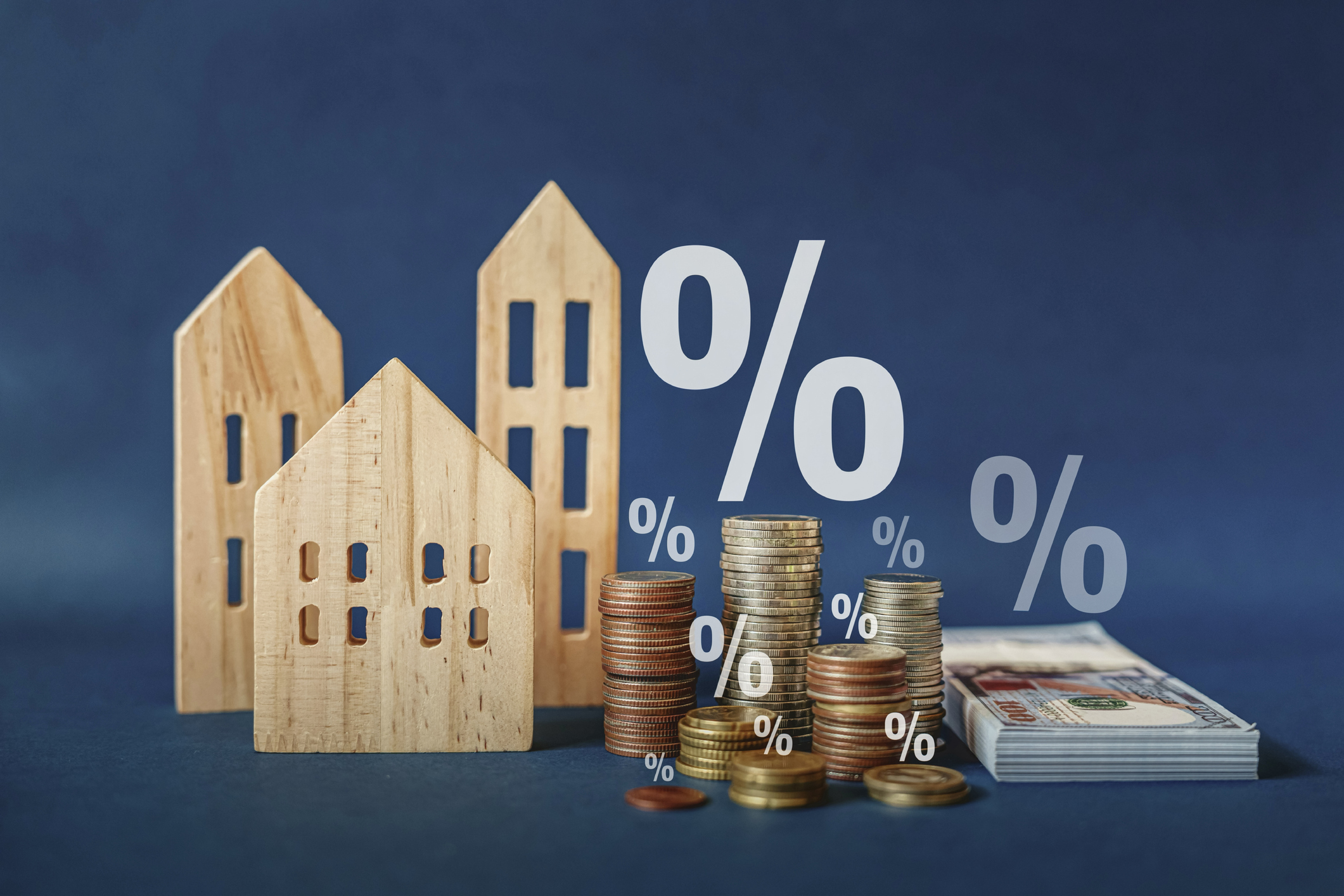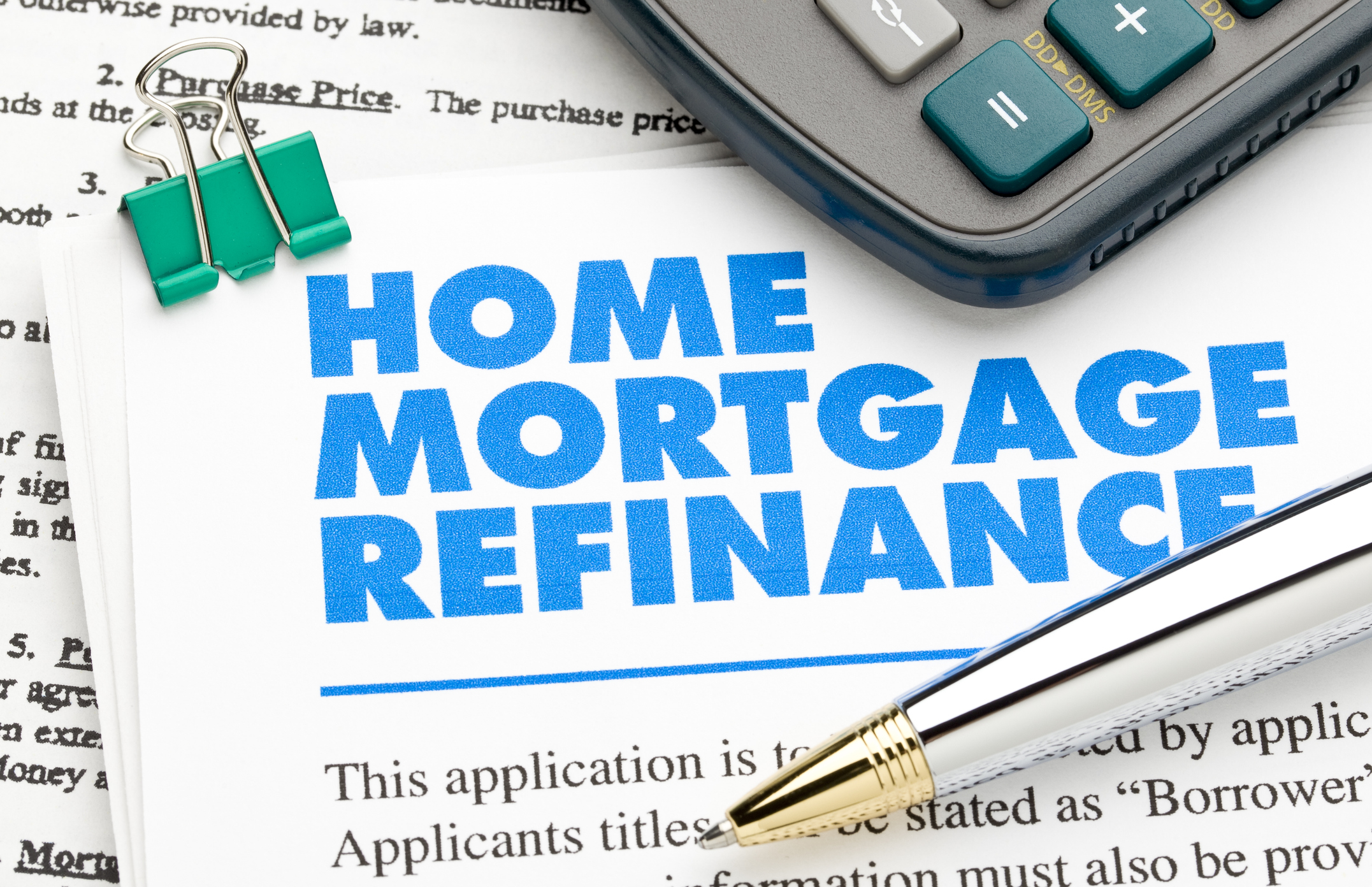Mortgage Rates and Payments Keep Rising, Creating Market Misery
Current mortgage rates continue to rise and record payment rates combine to create a glum market.


Profit and prosper with the best of Kiplinger's advice on investing, taxes, retirement, personal finance and much more. Delivered daily. Enter your email in the box and click Sign Me Up.
You are now subscribed
Your newsletter sign-up was successful
Want to add more newsletters?

Delivered daily
Kiplinger Today
Profit and prosper with the best of Kiplinger's advice on investing, taxes, retirement, personal finance and much more delivered daily. Smart money moves start here.

Sent five days a week
Kiplinger A Step Ahead
Get practical help to make better financial decisions in your everyday life, from spending to savings on top deals.

Delivered daily
Kiplinger Closing Bell
Get today's biggest financial and investing headlines delivered to your inbox every day the U.S. stock market is open.

Sent twice a week
Kiplinger Adviser Intel
Financial pros across the country share best practices and fresh tactics to preserve and grow your wealth.

Delivered weekly
Kiplinger Tax Tips
Trim your federal and state tax bills with practical tax-planning and tax-cutting strategies.

Sent twice a week
Kiplinger Retirement Tips
Your twice-a-week guide to planning and enjoying a financially secure and richly rewarding retirement

Sent bimonthly.
Kiplinger Adviser Angle
Insights for advisers, wealth managers and other financial professionals.

Sent twice a week
Kiplinger Investing Weekly
Your twice-a-week roundup of promising stocks, funds, companies and industries you should consider, ones you should avoid, and why.

Sent weekly for six weeks
Kiplinger Invest for Retirement
Your step-by-step six-part series on how to invest for retirement, from devising a successful strategy to exactly which investments to choose.
Since September of 2023, the Federal Reserve has held the federal funds rate, a key overnight bank lending rate, at unchanged levels. Previously, there were 11 rate hikes that began in March 2022 in an attempt to combat inflation, which has caused consumers to face higher commercial interest rates, especially mortgage rates. But good news for borrowers — interest rate cuts are expected for later this year.
Although mortgage rates are largely dependent on the 10-year Treasury yield and not the federal funds rate, they've started to come down. According to Freddie Mac, as of March 20, the most recently available data, the average 30-year mortgage rate was 6.74%. There have been declines totaling almost a quarter of a percentage point over the last two weeks. Despite the recent dip, mortgage rates remain high.
However, as many expected, the Federal Reserve held interest rates steady at the latest meeting in March, following four previous rate pauses. This means that the federal funds rate will remain the same, at a target range of 5.25% to 5.5%. And the Fed is still expected to cut rates later this year.
From just $107.88 $24.99 for Kiplinger Personal Finance
Become a smarter, better informed investor. Subscribe from just $107.88 $24.99, plus get up to 4 Special Issues

Sign up for Kiplinger’s Free Newsletters
Profit and prosper with the best of expert advice on investing, taxes, retirement, personal finance and more - straight to your e-mail.
Profit and prosper with the best of expert advice - straight to your e-mail.
“Recent statements from top Fed officials that inflation is inching closer to the Fed’s 2% target level likely means that further interest rate increases will remain on hold for now. This also supports the growing expectations that the Fed will begin lowering interest rates at some point in 2024, though the timing remains uncertain," says Michele Raneri, vice president of U.S. research and consulting at TransUnion. "The prospect of future rate reductions is particularly important at a time when US consumers continue to take on historically high levels of debt, particularly on credit cards, as lower interest rates may allow for some of them to refinance that debt and put more money in their pockets."
Along with food, energy and real estate prices remaining high, home ownership can feel extremely challenging at the moment. As a result, many first-time buyers are backing out of the market altogether. For current homeowners, a survey from Redfin reveals that in March, mortgage payments hit the highest they've ever been. The results showed the typical homeowner paying $2,563 on mortgage payments, 29% higher than they'd have paid in 2022.
Not surprisingly, the latest Home Purchase Sentiment report from Fannie Mae shows that a decline of 3.6 points saying "the decline was partly driven by a substantial decrease in consumers’ sense of home-selling conditions."
How to get the lowest rate
Follow these tips to shop for low mortgage rates.
- Increase down payment: The bigger the down payment you make on a house, the better your rate. To qualify for the lowest rates you’ll likely need a 20% down payment.
- Raise credit score: The most important factor in determining your mortgage rate is your credit score. The higher your score, the less risk you pose to lenders, so it’s important to raise your credit score as much as possible before applying for a mortgage. Typically, you’ll need to have a FICO score of 760 or higher in order to be eligible for the lowest rates.
- Consider an adjustable-rate mortgage: An adjustable-rate mortgage (ARM) starts out with rates lower than those you’d get with a fixed-rate mortgage. After a certain time period, the rates will adjust based on market indexes. If you know you will be selling your home in the future, this could be a good option to save on interest.
- Shop around: It’s important to get multiple quotes before applying for a mortgage, and you can often find lower mortgage rates from local lenders and credit unions. Try a mortgage comparison tool to find the best rates for you.
Related Content
Profit and prosper with the best of Kiplinger's advice on investing, taxes, retirement, personal finance and much more. Delivered daily. Enter your email in the box and click Sign Me Up.

Erin pairs personal experience with research and is passionate about sharing personal finance advice with others. Previously, she was a freelancer focusing on the credit card side of finance, but has branched out since then to cover other aspects of personal finance. Erin is well-versed in traditional media with reporting, interviewing and research, as well as using graphic design and video and audio storytelling to share with her readers.
-
 Quiz: Do You Know How to Avoid the "Medigap Trap?"
Quiz: Do You Know How to Avoid the "Medigap Trap?"Quiz Test your basic knowledge of the "Medigap Trap" in our quick quiz.
-
 5 Top Tax-Efficient Mutual Funds for Smarter Investing
5 Top Tax-Efficient Mutual Funds for Smarter InvestingMutual funds are many things, but "tax-friendly" usually isn't one of them. These are the exceptions.
-
 AI Sparks Existential Crisis for Software Stocks
AI Sparks Existential Crisis for Software StocksThe Kiplinger Letter Fears that SaaS subscription software could be rendered obsolete by artificial intelligence make investors jittery.
-
 Big Change Coming to the Federal Reserve
Big Change Coming to the Federal ReserveThe Lette A new chairman of the Federal Reserve has been named. What will this mean for the economy?
-
 How to Budget as a Couple Without Fighting About Money
How to Budget as a Couple Without Fighting About MoneyThese tips will help you get on the same page to achieve your financial goals, with minimal drama.
-
 Is the Housing Market's 'Lock-In Effect' Finally Starting to Ease?
Is the Housing Market's 'Lock-In Effect' Finally Starting to Ease?As mortgage rates stabilize and fewer owners hold ultra-low loans, the lock-in effect may be losing its grip.
-
 Mortgage Protection Insurance: What It Covers and When It Makes Sense
Mortgage Protection Insurance: What It Covers and When It Makes SenseHow mortgage protection insurance works, what it costs, and when it’s actually useful in a financial plan.
-
 The December CPI Report Is Out. Here's What It Means for the Fed's Next Move
The December CPI Report Is Out. Here's What It Means for the Fed's Next MoveThe December CPI report came in lighter than expected, but housing costs remain an overhang.
-
 What to Watch for When Refinancing Your Home Mortgage
What to Watch for When Refinancing Your Home MortgageA smart refinance can save you thousands, but only if you know how to avoid costly pitfalls, calculate true savings and choose the right loan for your goals.
-
 Builders Are Offering Big Mortgage Incentives — What Homebuyers Should Watch For
Builders Are Offering Big Mortgage Incentives — What Homebuyers Should Watch ForBuilder credits and below-market mortgage rates can ease affordability pressures, but the savings often come with trade-offs buyers should understand before signing.
-
 Trump Signals Plan to Ban Institutional Investors From Buying Single-Family Homes
Trump Signals Plan to Ban Institutional Investors From Buying Single-Family HomesThe president says the move could improve housing affordability. Here’s what the data show about investor ownership, recent buying trends and what it could mean for homebuyers.